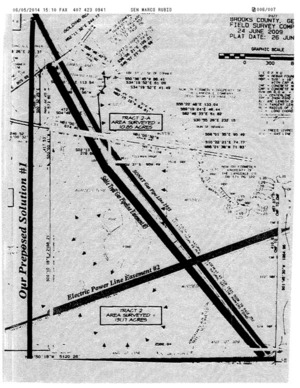Imagine the fireball in 1992 in Brenham, Texas on your land or next to your children’s school or in Riviera Beach or Tampa or Jacksonville. The pipeline companies that stored too much “natural” gas in a cavern 2,000 feet below ground that leaked and exploded and killed and injured people, incinerated cattle, and destroyed houses got off on some charges because they believed their own PR that their inherently dangerous product was safe. Will you accept a pipeline company’s bet that a yard-wide pipeline only a few feet below ground won’t leak or that an LNG storage or export facility in a highly populated area won’t leak? Or should we get on with clean, fast, safe, solar power in the Sunshine State and everywhere else?
A retired Air Force Colonel with an advanced degree in nuclear physics, Walter Carss, was an eye witness to the explosion. Carss said the countryside was suddenly illuminated by a brilliant flash of light. Turning in his chair, Carss looked in the direction of the cavern. There, he observed an enormous fireball billowing skyward. As the fireball cooled, it began to turn into a huge pillar of grey smoke. Carss then noticed a visible shock wave racing across the rural landscape. He watched the shock wave rip Continue reading Brenham, Texas, and the highly dangerous character of gas and its tendency to escape








